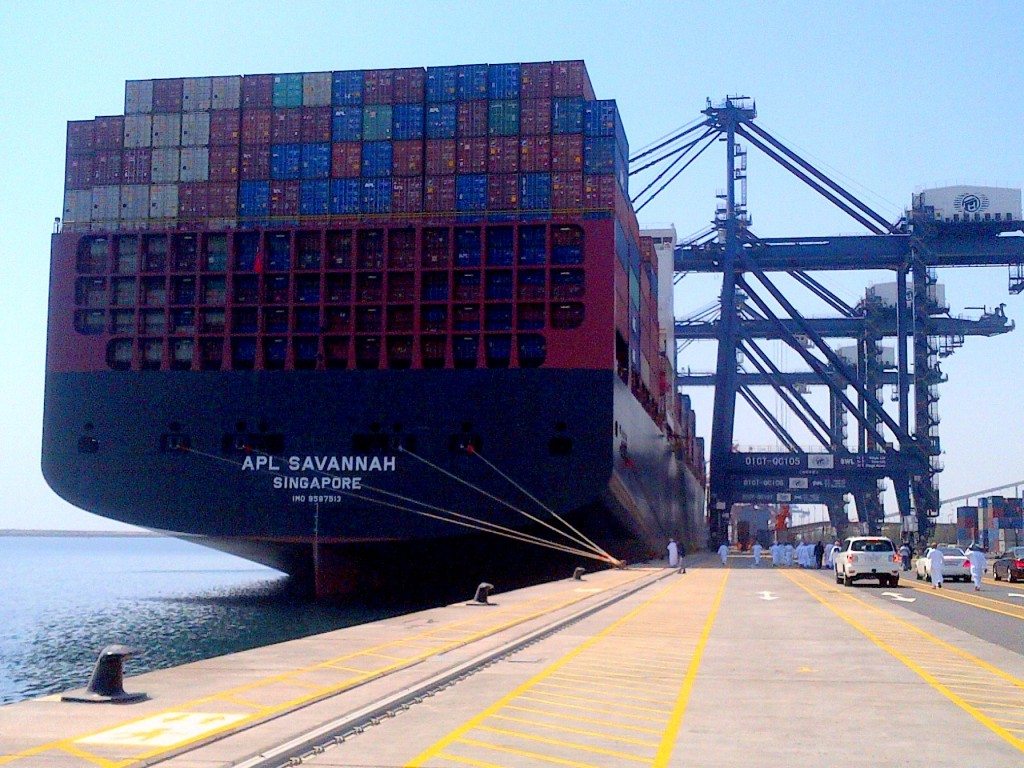After establishing its container and general cargo business, Sohar Port is now looking at the agri-bulk business as its next big accelerator for growth in the coming years.
Speaking exclusively to Infrastructure Middle East, Andre Toet, the CEO of Port of Sohar said a dedicated berth will be created to facilitate imports of agricultural commodities, which will open up new opportunities for the freezone.
“I foresee that once the agro business starts moving, we will easily grow at a few million tonnes per year,” said Toet. “Because everything in the Middle East has to be imported, our next strategic target is food and everything around it.”
The Sultanate’s first dedicated agri-bulk terminal will handle wheat and grain shipments on behalf of the government and feedstock for Oman’s first sugar refinery. The terminal and sugar refinery will support the development of the freezone’s food and agro-processing cluster.
The agri-bulk terminal, together with the upcoming grain silos in the port, will also play a crucial role in the government’s strategy to build up strategic food reserves.
Toet said: “The good news is that the construction of the sugar refinery will begin in the third quarter of this year. Along with it, we will also get a big chunk of Oman’s strategic food reserve. Together, they will create additional business for the port and drive opportunities for food-based downstream industries.”
Sohar Port initially focused on developing metals, logistics and petrochemicals clusters. The addition of a fourth cluster through agro-bulk handling will make it one of the handful of ports in the region with multi-commodity handling capabilities.
As of now, Sohar Port will not be looking to diversify into new areas. “We are happy with our four-cluster approach because the spin off from these will keep our hands full,” explained Toet. “For the freezone, it is a different story because if a customer from a different segment approaches us, we will not say no. We will see how we can fit that customer in because they could trigger a lot of additional business.”
Sohar Port welcomed its first ship in 2004; currently, it handles more than 2,000 ships in a year. Companies such as Vale, Air Liquide, Larsen & Toubro, Methanol Holding International and Jindal Power & Steel are well-established in the Sohar Port and Freezone. Its independent terminals are operated by C Steinweg Oman for general cargo, Oiltanking Odfjell Terminals for liquid cargo and Hutchison Whampoa for containers.
Sohar Port gained even more prominence when the government announced earlier this year that all commercial shipping from Muscat’s Port Sultan Qaboos will be transferred to Sohar.
Approximately, 300,000 TEU in container traffic will transfer from Muscat to Sohar, boosting the latter’s container traffic to around 500,000 TEU.
“The strategy behind this move is to get the mainliners into Sohar. Oman was regarded as a feeder destination, fed from either Salalah or Jebel Ali. By combining the volumes you create critical mass and get the big ships to come directly to Sohar, which will eventually reduce the cost of goods,” said Toet.

